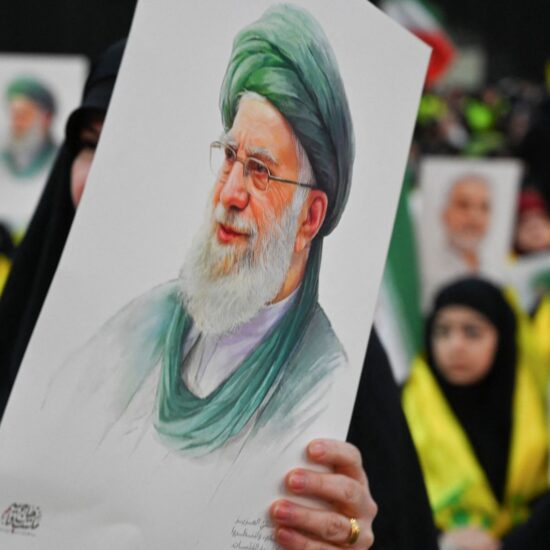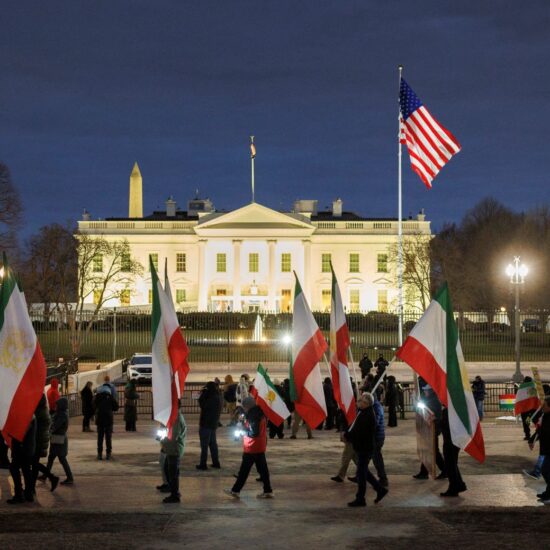
As Lebanese citizens approach the end of municipal elections in the country, some patterns have already emerged. The Lebanese Forces’ case helps understanding why and how many youth - educated, connected, and globally aware - continue to align with choices made by traditional power brokers, even when those choices seem to contradict the promise of change
As municipal elections unfold with a key round in the South and Nabatieh governorates still to come, we’re already seeing patterns emerge. And these patterns reveal something deeper about Lebanese political life: not just how people vote, but why they vote the way they do, and what that tells us about power, identity, and narrative in this country.
Many asked: why are elections still family-driven, lacking real debates over programs? And why do so many youth, educated, connected, and globally aware, continue to align with choices made by traditional power brokers, even when those choices seem to contradict the promise of change?
One answer lies in understanding not just the structure of our political system, but the psychology behind it. And no party today embodies that psychology better than the Lebanese Forces.
The party that became two things at once
The Lebanese Forces have pulled off something rare. They are a deeply traditional party, steeped in history, structure, and communal loyalties – yet they have also branded themselves as an anti-establishment force, resisting domination, corruption, and collapse.
That’s not just clever messaging. It’s a deeply effective psychological position.
For many Christian voters — particularly young people — this dual identity offers the best of both worlds: it preserves the familiarity of heritage, leadership, and stability, while also delivering the moral thrill of resistance and national struggle.
They don’t experience the LF as contradictory. On the contrary, they experience it as a reflection of their own internal conflict: the desire to change things, without letting go of the structures that have defined them.
Why youth still follow their elders
It’s tempting to say that Lebanese youth are stuck in family loyalty. But it’s more than that. Many young people don’t reject authority; they inherit it in new forms. Where their parents follow clan leaders, they follow party figures. Where their families vote for protection, they vote for narrative. And in both cases, the criteria are emotional, not programmatic.
The Lebanese Forces offer something deeply attractive in this regard: they present a political community that feels modern but grounded, where the rhetoric of sovereignty is strong, yet never asks you to truly rebel. They provide a space where you can be politically engaged, even vocal, without risking social punishment or alienation. For a generation raised in uncertainty, this is not manipulation, it’s comfort.
But comfort is not accountability
This is why the LF can enter into local alliances with Hezbollah-backed figures in Beirut, and face no backlash, while accusing others — like the Kataeb — of betrayal in Zahleh, even when no such alliance exists. Because their image has been stabilized. They are allowed to contradict their own narrative because they’ve built enough emotional credibility to survive it. It’s not hypocrisy. It’s narrative insulation. Their supporters don’t feel deceived. They feel represented. That’s the power of being both the establishment and the anti-establishment: you can make every choice feel like a moral one.
Where does this leave us?
Not in despair, but in clarity. If we want to shift political behavior, we can’t just tell people to “vote differently”. We need to offer something deeper, a narrative that speaks to people’s identities, their fears, their need for stability and dignity. Not one that shames them for where they are, but one that understands why they’re there and gives them a compelling reason to move.
The real question is not why people still vote for the Lebanese Forces. The question is why no alternative has managed to speak to them with the same emotional clarity, moral reassurance, and political coherence. Until that happens, many Lebanese — old and young — will continue to vote not for what works, but for what feels like home.
Ramzi Abou Ismail is a Political Psychologist and Senior Research Fellow at the Institute for Social Justice and Conflict Resolution at the Lebanese American University.
The views in this story reflect those of the author alone and do not necessarily reflect the beliefs of NOW








